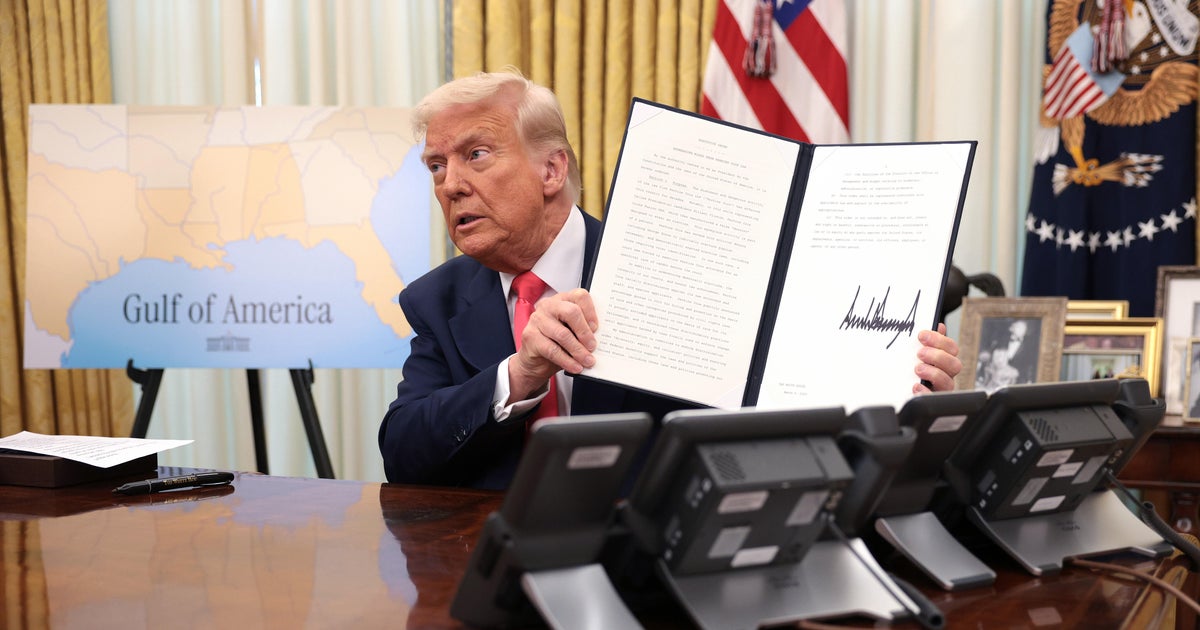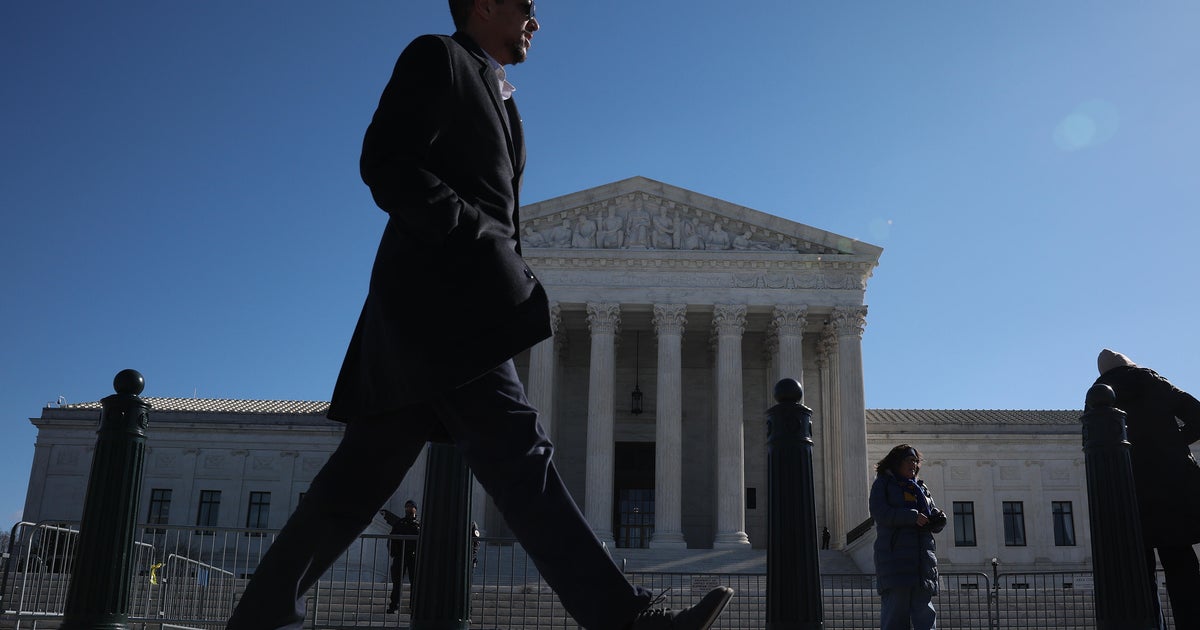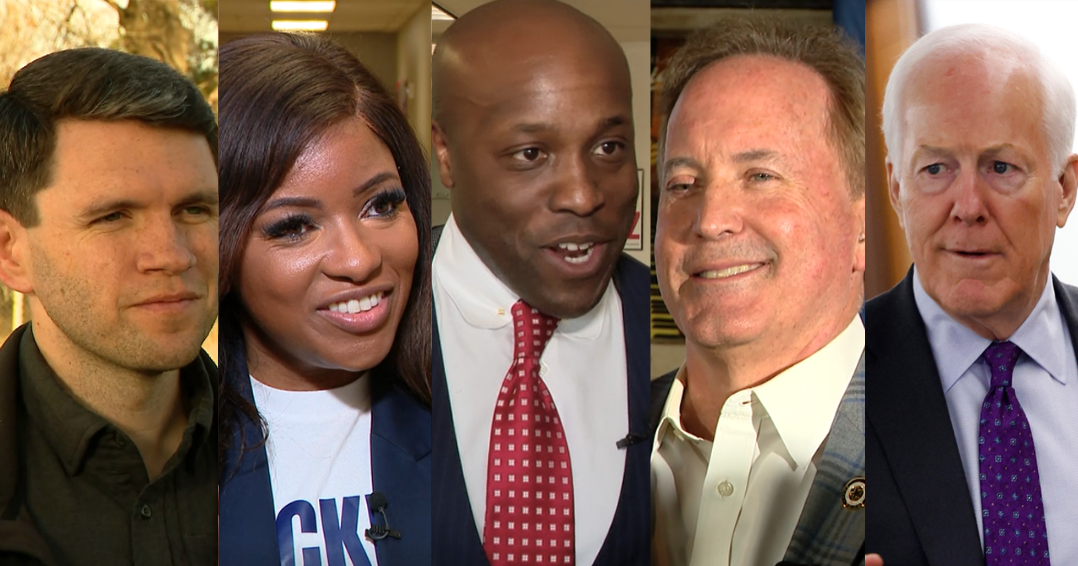Why the NRA decision on bump stocks is a big deal
The National Rifle Association's decision to call for increased regulation of "bump stocks," an attachment that allows legal semiautomatic rifles to mimic the firing rate of machine guns, is a big deal.
"Despite the fact that the Obama administration approved the sale of bump fire stocks on at least two occasions, the National Rifle Association is calling on the Bureau of Alcohol, Tobacco, Firearms and Explosives (BATFE) to immediately review whether these devices comply with federal law," Wayne LaPierre, the NRA's CEO, and Chris Cox, executive director of the NRA's lobbying arm, said in a joint statement on Thursday.
"The NRA believes that devices designed to allow semi-automatic rifles to function like fully-automatic rifles should be subject to additional regulations."
The announcement came days after the massacre in Las Vegas that left 59 people dead and hundreds more wounded. The shooter, Stephen Paddock, had equipped over a dozen of his rifles with bump stocks before firing indiscriminately at concertgoers on the Las Vegas strip.
In the wake of the shooting, numerous Republican representatives called for increased scrutiny and regulation of bump stocks. Sen. Dianne Feinstein introduced a bill that would, among other things, ban bump stocks completely. The momentum had shifted in this corner of the gun debate, and it looked like the only thing that could stop new laws governing bump stocks was the NRA.
However, the NRA demurred.
The NRA's decision to call for more regulation of bump stocks is, in a sense, surprising. For the last 40 years, the NRA has taken a maximalist approach to the gun debate, and has opposed just about every single gun control measure proposed in that time. "We must declare that there are no shades of gray in American freedom. It's black and white, all or nothing," LaPierre said in 2002, neatly summarizing the NRA's philosophical mission.
But the NRA hasn't always been at the forefront of the anti-gun control movement.
Was the NRA ever in favor of gun control?
Today, the NRA is arguably the most effective single-issue political pressure group in modern American history. It's record in stopping gun control legislation and sinking the careers of anti-gun politicians has made it a kind of bogeyman to liberal groups. Yet for most of its history the NRA was barely political.
The NRA was started after the Civil War by a group of Union soldiers who wanted to promote marksmanship. Its first president was the former Union general Ambrose Burnside. And in an America that had few prohibitions on firearms, ownership wasn't a political cause. Instead, the group concentrated on promoting conservation and the rights of hunters.
As guns got more lethal, however, new laws were put in place to regulate them. In 1934, the National Firearms Act (NFA) was passed. It marked the first big federal effort to regulate guns, and it effectively made automatic weapons and other firearms that had become synonymous with crime in the prohibition era illegal. In 1938, Congress passed the Gun Control Act. Both laws were passed with the support of the NRA.
The next big piece of federal gun control legislation came amid the unrest and assassinations of the 1960s. The Gun Control Act of 1968 instituted a host of new reforms and regulations, and was met with resistance by the NRA. However, the organization's leadership eventually reconciled itself with the bulk of the legislation, saying that "the measure as a whole appears to be one that the sportsmen of America can live with."
What changed?
As new gun laws were passed, many gun owners became nervous that their Second Amendment rights were under threat. Some also felt the NRA wasn't doing enough to defend their ability to keep and bear arms.
By the late 1970s, the NRA was split between a militant grassroots membership that was dead set against new gun laws and a moderate leadership eager to sidestep political fights. And at the NRA's 1977 convention in Cincinnati, the grassroots finally revolted, taking advantage of the group's bylaws to elect its own activists to lead the organization. The modern NRA was born.
The NRA has had its share of setbacks since then, such as the passage of the assault weapons ban in the 1990s. However, the overall trend line became clear: for politicians in much of the country, having the NRA come after you was the kiss of death. New attempts to pass gun control legislation in Congress, even in the wake of mass shootings like Newtown, were dead on arrival.
Why is the NRA so powerful?
The NRA spends quite a bit on lobbying and contributes to campaigns. It spent over $50 million in 2016 in an effort to elect President Trump and six GOP senators, according to OpenSecrets, losing just one race it had invested heavily in. The NRA spent more on 2016 than they had in any prior election, in part because other major Republican-aligned groups had decided to sit out the presidential race.
However, money is just part of the story, and the NRA's real power arguably stems from its ability to mobilize millions of single-issue voters who will reliably vote against any candidate who favors almost any kind of gun control.
In the 2000 election, for example, the NRA lead an effort to portray Vice President Al Gore, a former Tennessee senator, as stridently anti-gun. Sure enough, Gore lost his gun-friendly home state, which helped Texas Gov. George W. Bush narrowly clinch the presidency. With the GOP in charge of Congress and the White House, new gun control regulations were a non-starter, and the assault weapons ban was allowed to expire in 2004.
Much to the dismay of gun control activists who insist their positions are broadly popular, the fact remains that there are millions of voters who see their 2nd Amendment rights as a paramount concern. These voters are the NRA's base, and the key to understanding its political power.
What does the NRA want?
The NRA sees "National Right-to-Carry reciprocity" as the most important item on its legislative agenda. National Right-to-Carry reciprocity would force states to recognize concealed-carry permits issued by all other states. As it stands now, a number of Democratic states refuse to recognize concealed-carry licenses issued by other states.
The NRA has lobbied for the Concealed Carry Reciprocity Act introduced by Rep. Richard Hudson in January. And in its Thursday statement on bump stocks, the NRA may have signaled that they believe any effort to regulate those devices should be paired by National Right-to-Carry reciprocity.
"In an increasingly dangerous world, the NRA remains focused on our mission: strengthening Americans' Second Amendment freedom to defend themselves, their families and their communities," concludes the NRA's Thursday statement. "To that end, on behalf of our five million members across the country, we urge Congress to pass National Right-to-Carry reciprocity, which will allow law-abiding Americans to defend themselves and their families from acts of violence."
The NRA is also currently looking to relieve restrictions on devices that suppress the sound of firearms. Suppressors are currently subject to regulation by the National Firearms Act.



